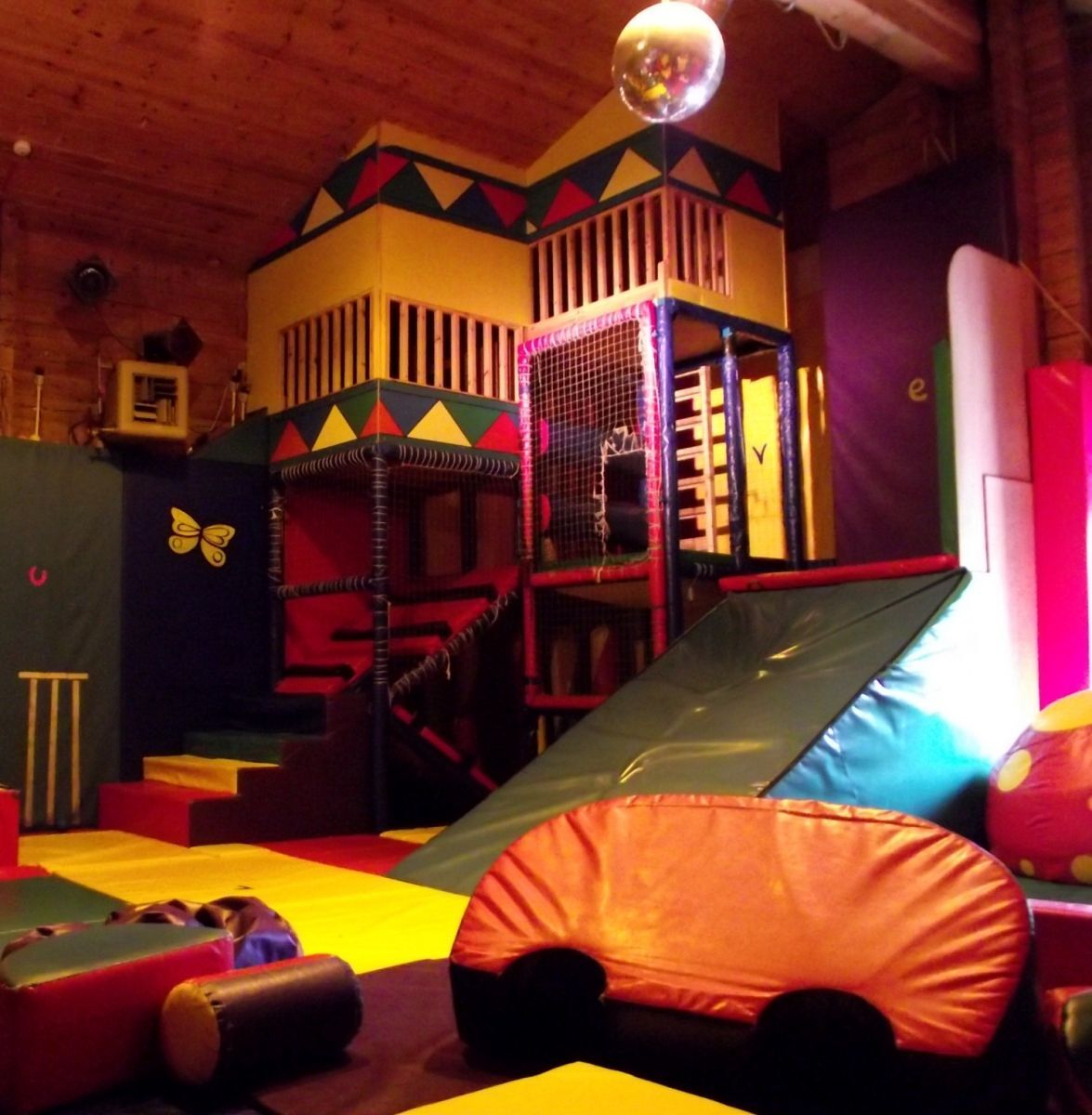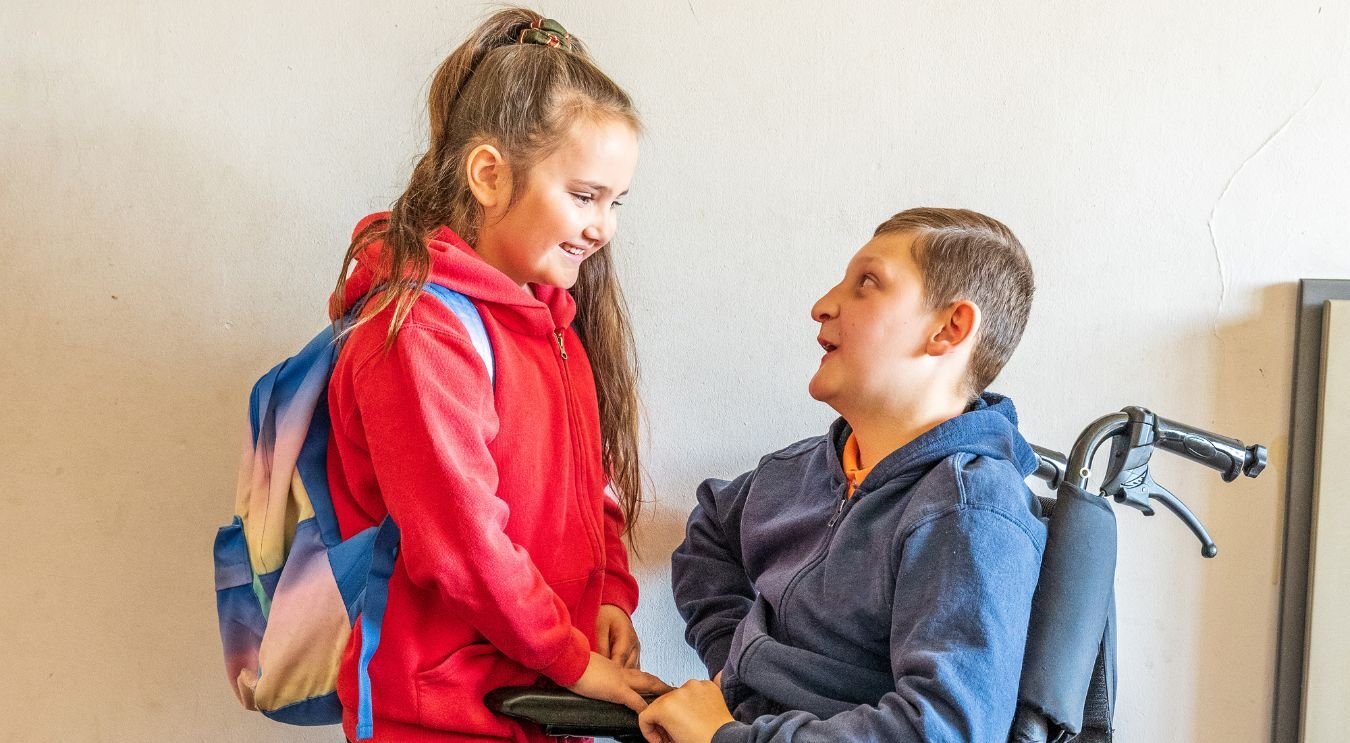For many families raising children with special educational needs and disabilities (SEND), the summer holidays can feel like a balancing act. The promise of rest is often replaced by a different kind of pressure, from changes in routine to the lack of accessible childcare. Whether you’re planning ahead or feeling unsure about what’s to come, you are not alone.
In this edition of Ask SEND EDventures, we respond to questions from parents across the UK who are preparing for the summer break or quietly dreading it.
Q. My autistic daughter thrives on routine. The school holidays completely throw her off, and we end up with daily meltdowns. How can I help her cope better this summer?
 A. Many autistic children feel safest when the day follows a predictable pattern. When that structure disappears, anxiety and emotional overload often increase. Try building a visual timetable for the week that includes familiar reference points, such as breakfast, outside time, screen time and rest. It helps to keep some routines unchanged (bedtimes, mealtimes), and to prepare in advance for new activities using photos or social stories. The National Autistic Society has downloadable tools for visual schedules and holiday preparation, and their helpline can offer tailored advice.
A. Many autistic children feel safest when the day follows a predictable pattern. When that structure disappears, anxiety and emotional overload often increase. Try building a visual timetable for the week that includes familiar reference points, such as breakfast, outside time, screen time and rest. It helps to keep some routines unchanged (bedtimes, mealtimes), and to prepare in advance for new activities using photos or social stories. The National Autistic Society has downloadable tools for visual schedules and holiday preparation, and their helpline can offer tailored advice.
Q. My child has respite care, but our regular carer travels during the summer. Our local authority provides cover, but having a new carer in the house causes a huge amount of stress. It ends up affecting the whole family.
A. Introducing a new carer, even temporarily, can be highly disruptive for children who rely on familiarity and routine. If possible, request a short transition period with an overlap between the regular and new carer. Many families find it helpful to introduce new staff through photos, brief visits or video calls in advance. You can also use a social story to explain the change and build predictability into the process. If you have a direct payment package, you may be able to use it flexibly to arrange short-term support from someone your child already knows.
Q. We want to go abroad, but my son has epilepsy and complex medical needs. It feels impossible to even think about planning a holiday.
A. Travelling is possible, but it does require careful preparation. Speak to your child’s medical team before booking to confirm travel is appropriate and request a medical summary letter. Pack more medication than you think you’ll need, and keep copies of prescriptions and emergency plans in your hand luggage. Check that your travel insurance covers your child’s condition, and consider accommodation near a medical facility. Epilepsy Action has a detailed holiday guide, and Contact offers a useful checklist for travelling with health needs. You may also find our article Planning a Trip with a SEND Child? Here’s How to Make It Work helpful.
Q. My neurodivergent child is in mainstream secondary. The school has very high expectations, which is great, but last summer he was set a huge amount of holiday work. While I do not want him to fall behind, we really struggled to manage it, and I felt like it was all on me.
 A. Holiday homework can feel overwhelming for both children and parents. It’s reasonable to speak with school before the break, explain your concerns and request adaptations. Many schools will reduce volume, extend deadlines or offer alternatives when they understand the impact on family life. You can also ask for work to be broken into smaller tasks or presented in a format that suits your child’s learning style. Focus on progress over perfection. SENDIASS services can support school communication, and IPSEA provides advice on your legal rights around education.
A. Holiday homework can feel overwhelming for both children and parents. It’s reasonable to speak with school before the break, explain your concerns and request adaptations. Many schools will reduce volume, extend deadlines or offer alternatives when they understand the impact on family life. You can also ask for work to be broken into smaller tasks or presented in a format that suits your child’s learning style. Focus on progress over perfection. SENDIASS services can support school communication, and IPSEA provides advice on your legal rights around education.
Q. My teenage daughter has sensory processing differences and hates the beach, the pool and the heat — the things most people associate with summer. How do I help her enjoy the holidays on her terms?
A. Many children with sensory processing differences find typical summer environments overwhelming. Plan activities that play to her strengths. Museums with relaxed sessions can be a great option — for example, the Natural History Museum runs Dawnosaurs relaxed morning visits. Other ideas include shaded parks, indoor trampolining or low-sensory cinema screenings. Avoid over-scheduling, build in breaks and let her help plan the week to increase control and reduce anxiety. Sensory Integration Education shares helpful guidance, and many local councils publish sensory-friendly holiday listings.

Q. We have three children, and one of them has learning difficulties. Most holiday clubs claim to be inclusive, but when I call, they are either full or say they cannot meet his specific needs. It is really disheartening.
A. Sadly, many families face this. Genuine inclusion relies on training, staffing and flexibility. Check your local authority’s Local Offer website for SEND-specific holiday clubs, short-break schemes or funded activities — these are sometimes run through schools or trusted community providers but aren’t always well publicised. Explore libraries, community hubs or faith groups, which often host smaller, quieter activities that may be a better fit. KIDS offers guidance on accessing inclusive activities and understanding your child’s rights.
Q. The holidays are coming up, and I am already running out of ideas. My child gets bored quickly, and I feel guilty that I am not doing enough.
 A. The pressure to plan something new every day can be intense, especially alongside work, siblings or health needs. Think in terms of rhythm, not a rigid schedule: across the week aim for one outdoor activity, one creative day, one quiet home day and one family treat. Rest is productive, too. You might find our article The Reality of Summer Holidays helpful for reframing expectations, and SEND-Friendly Days Out in London This Summer has fresh, achievable ideas.
A. The pressure to plan something new every day can be intense, especially alongside work, siblings or health needs. Think in terms of rhythm, not a rigid schedule: across the week aim for one outdoor activity, one creative day, one quiet home day and one family treat. Rest is productive, too. You might find our article The Reality of Summer Holidays helpful for reframing expectations, and SEND-Friendly Days Out in London This Summer has fresh, achievable ideas.
Q. My child has speech and language needs and really struggles to join in during new activities. We have tried play schemes, but he ends up shutting down.
A. Children with speech and language difficulties often find noisy, fast-paced group settings hard. Before joining, visit the venue together, meet staff in advance and use a simple visual schedule to explain what will happen. Keep early visits short to build confidence. Consider supported playgroups run by speech and language teams or charities like Afasic, who understand the communication barriers children face during group play. Speech and Language UK also offers resources and a free helpline for parents.
Do you have a question for Ask SEND EDventures?
We answer anonymously and always with care. Whether it’s about school, family life, medical needs or the small things in between, we’re here to offer clear, calm and helpful support.
To send us your question, email hello@sendedventures.com.
Disclaimer: The information in this article is provided for general interest and should not be considered medical, therapeutic or educational advice. Families are encouraged to seek support from qualified professionals regarding individual needs or concerns.






